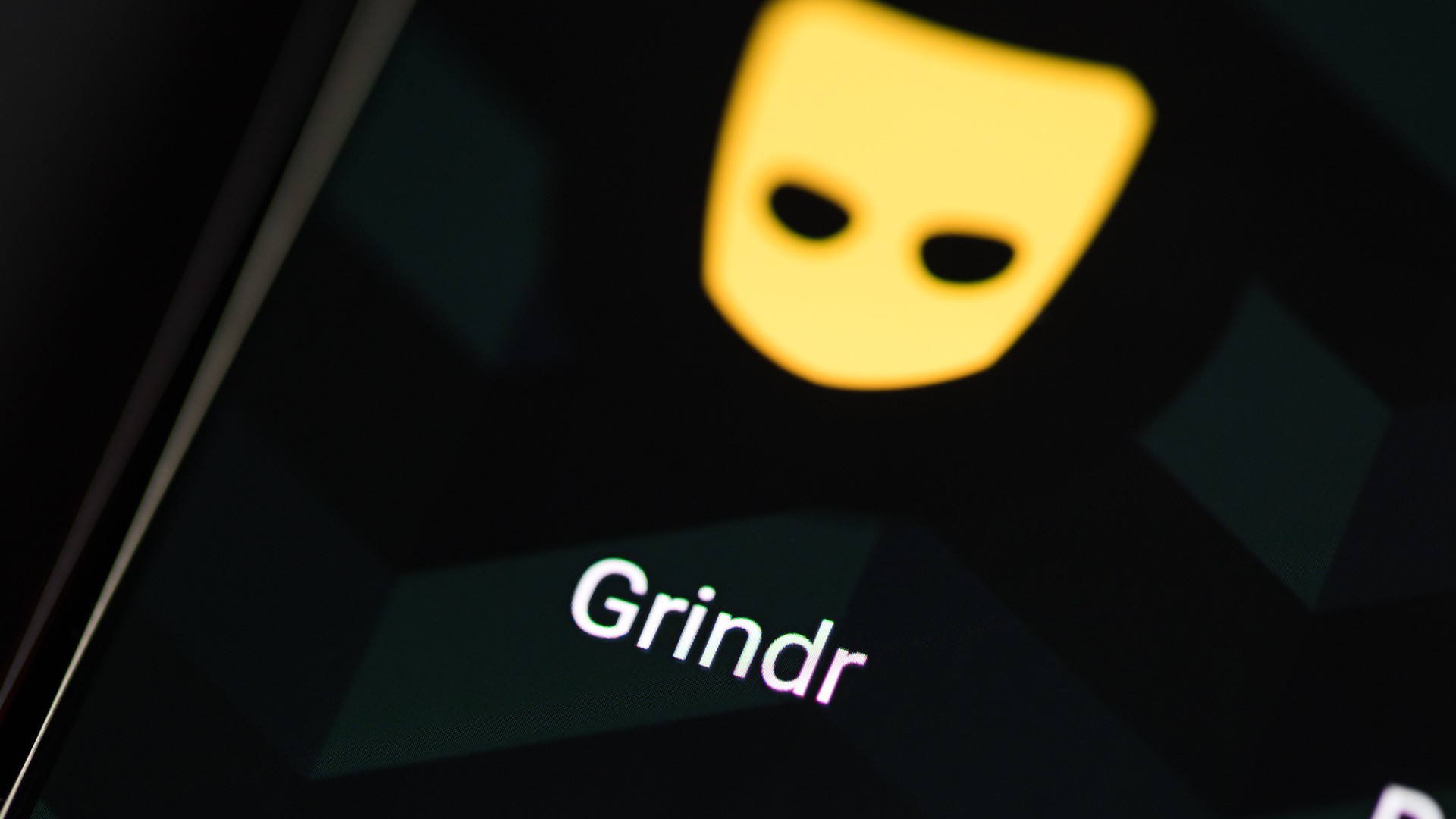Grindr is trialing an AI ‘wingman’ to help people find dates
Grindr's AI wingman will do everything from helping users find love to booking restaurants for potential dates
By Alim Kheraj

Love it or loathe it, Grindr is a part of queer life. However, using the app doesn’t always lead to the thing it’s designed for: finding dates.
To help combat this, the app is currently trialing an AI ‘wingman’ to help its 14 million users around the world meet their match.
Speaking to the Wall Street Journal, Grindr’s CEO George Arison said the wingman, or agent, was currently being tested and would help people keep track of their conversations and, using data, provide recommendations for other users who could be a good fit for a long-term relationship. The AI will even be able to book restaurants for users and date another user’s wingman.
“I always knew that AI was going to be a really big deal,” Arison said. “As we saw where generative AI was going, I realised, ‘A lot of this extension stuff can actually be done by AI.”
Grindr has previously come under fire for sharing user data with advertisers, including locations, ages and people’s gender identities.
“For better or worse, Grindr gets a lot of attention” – George Arison, Grindr CEO
In order to avoid another scandal, the app trained its wingman’s AI on romantic conversations by another model, Ex-human, however Arison said that it would “make it more gay” by incorporating queer lexicon into it’s language model.
Arison also said that the wingman could help tackle other issues in the queer community, like loneliness and depression.
Whether one might want share your personal struggles with an AI is debatable. However, Arison noted that before the chatbot is rolled out fully, it would ask user’s for their permission before using their data such as chat histories and profile information.
“For better or worse, Grindr gets a lot of attention, and so we want to be careful with what’s broadly released,” he said.
Grindr will eventually roll out the wingman AI to 1,000 users, expanding to 10,000 users next year. The feature will likely launch in full in 2027.
